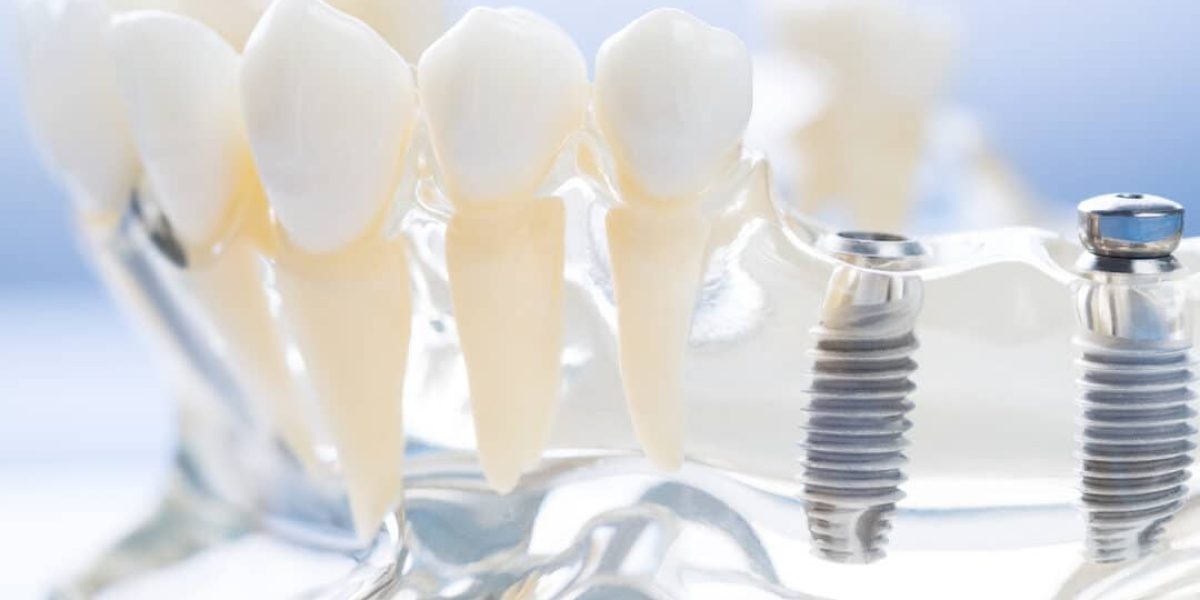Dental implants have revolutionized tooth replacement, offering a durable and natural-looking solution for those missing teeth. While dental implants boast high success rates, certain mistakes during and after the process can compromise the outcome. Avoiding these common pitfalls can help ensure a smooth experience and a long-lasting implant. Here are seven critical mistakes to steer clear of when opting for dental implants.
Ignoring Bone Health and Quality:
Bone quality and quantity are fundamental for the stability of Dental implants in Dubai (زراعة الأسنان في دبي). A common error is assuming implants can be placed without sufficient bone support. If the jawbone is too thin or soft, the implant may not integrate properly, leading to loosening or failure. Bone grafting or augmentation procedures might be necessary to rebuild adequate bone structure before implant placement. Ignoring bone health can result in implant rejection or complications in the long term, so patients must be realistic about their bone condition and be willing to undergo preparatory treatments if needed.
Skipping the Comprehensive Assessment:
One of the biggest mistakes patients make is rushing into dental implants without undergoing a thorough evaluation. Dental implants require careful planning to assess bone density, gum health, and overall oral condition. Neglecting this step can lead to implant failure or complications. A detailed assessment often involves X-rays or 3D scans to understand the structure of your jawbone and detect any underlying issues such as infections or bone loss. Proper evaluation helps in customizing the implant procedure to fit individual needs, increasing the chances of success.
Neglecting Oral Hygiene Practices:
Good oral hygiene is crucial both before and after receiving dental implants. A common mistake is underestimating how vital daily care is to the implant’s longevity. Implants can accumulate plaque and bacteria just like natural teeth, making them vulnerable to infections such as peri-implantitis—a condition similar to gum disease that affects the tissue around the implant. Failure to maintain proper brushing, flossing, and regular dental check-ups can cause inflammation and bone loss around the implant, ultimately leading to implant failure. Consistent oral hygiene routines and professional cleanings are essential to keep implants healthy.
Failing to Follow Post-Operative Instructions:
After implant surgery, the healing phase is critical. Many patients make the mistake of not strictly following post-operative care instructions. This includes ignoring dietary restrictions, not avoiding strenuous physical activity, or neglecting medication schedules. Poor post-op care can cause infections, delayed healing, or implant displacement. Resting properly, avoiding smoking, and maintaining a soft food diet as recommended are essential during the recovery period. Adhering to post-operative guidelines significantly improves healing and implant integration.
Underestimating the Importance of Lifestyle Choices:
Lifestyle factors such as smoking and alcohol consumption can drastically impact implant success. Smoking reduces blood flow to the gums and bone, impairing healing and increasing the risk of implant failure. Similarly, excessive alcohol can interfere with bone regeneration and overall health. Patients sometimes overlook how these habits affect their dental implants. Abstaining from smoking and moderating alcohol intake during the healing phase and afterward can greatly improve implant survival and long-term oral health.
Overlooking Regular Follow-Up Visits:
Another common mistake is neglecting regular follow-up appointments after the implant procedure. Follow-up visits allow for monitoring the healing progress and early detection of any potential complications. Skipping these appointments might mean missing signs of infection, implant mobility, or bone loss. Continuous evaluation ensures that any issues are addressed promptly before they worsen. Implants require ongoing care and professional assessment to guarantee lasting success.
Expecting Immediate Results Without Patience:
Dental implants are not an instant fix. A frequent error is expecting immediate final results or rushing through the stages of healing and integration. Implants undergo a process called osseointegration, where the bone grows around the implant to secure it firmly. This can take several months, and impatience during this time can lead to putting undue stress on the implant. Avoid biting hard foods or putting pressure on the implant before it is fully healed. Patience and following the treatment timeline contribute significantly to a successful implant outcome.
Conclusion:
Dental implants provide a reliable and effective solution for replacing missing teeth, but success depends on careful planning, commitment to oral care, and lifestyle adjustments. Avoiding the common mistakes outlined above can help patients achieve durable and natural-looking results. From proper assessment and bone care to diligent hygiene and follow-up, every step matters in preserving the health and longevity of dental implants. By understanding and addressing these potential pitfalls, patients can enjoy a confident smile for years to come.












